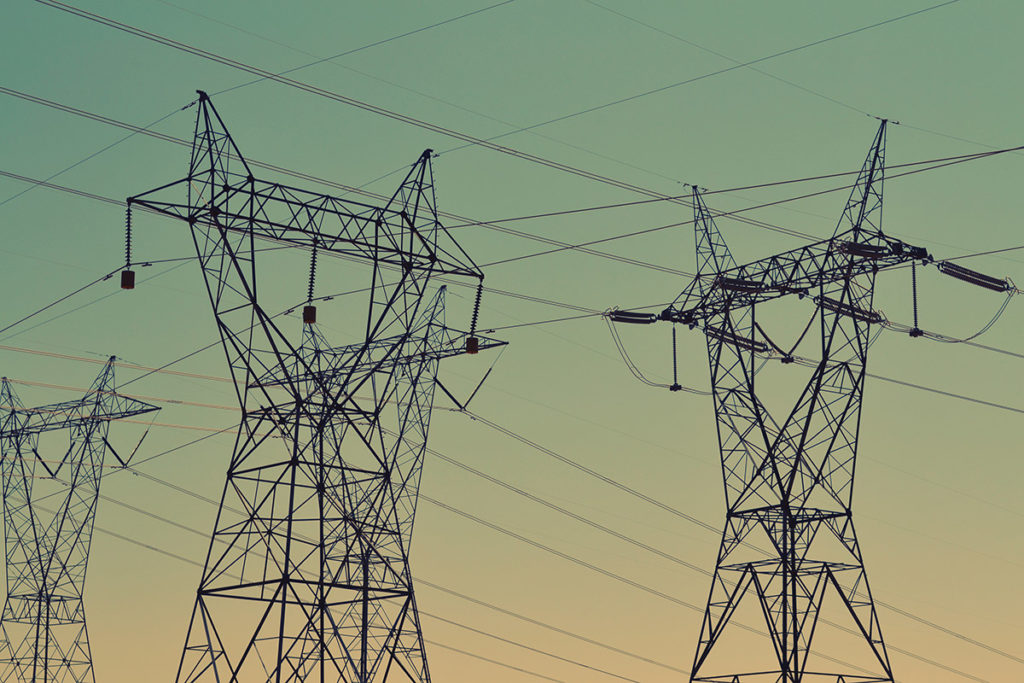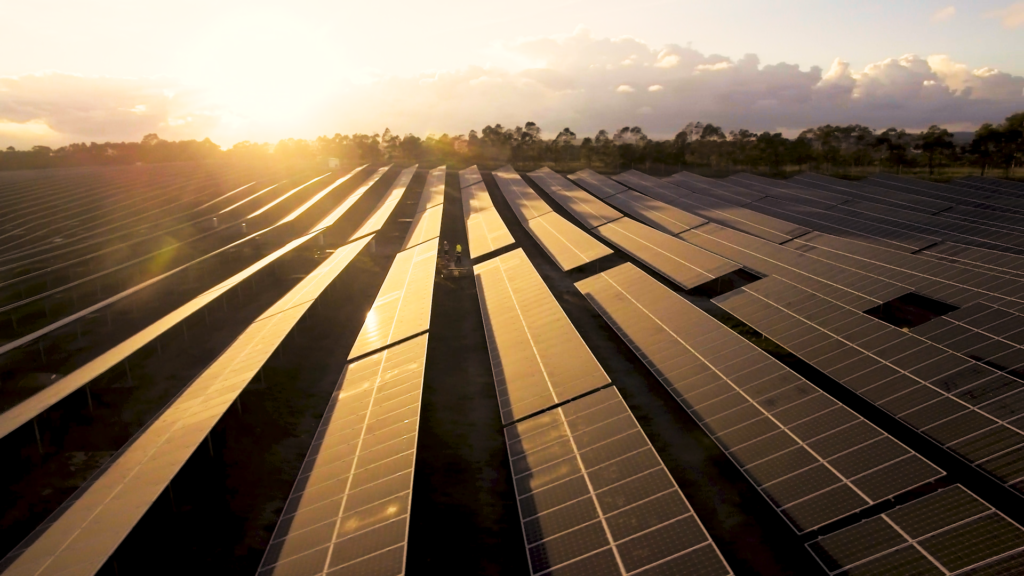11 Dec 2024

Tired Earth
By The Editorial Board

Essential to reaching a climate-stable future is a technology each of us relies on every day – transmission lines, those steel towers and wires that carry electricity to our homes, schools and workplaces. In this critical decade for our climate, one of the greatest barriers to replacing fossil fuels, like coal and gas, is transforming our grid from one centred around polluting fossil fuels, to one centred around clean, reliable and affordable wind and solar.
The Australian Energy Market Operator (AEMO) has identified several new lines that will need to be built over the next 20 years in order to meet our energy needs.
Many of these essential infrastructure projects are already underway, including the Western Victoria Transmission Line, Project Energy Connect that stretches from Wagga Wagga to South Australia, and the Central-West Orana Renewable Energy Zone link.
Transmission companies such as Powerlink, TransGrid, and ElectraNet are responsible for planning transmission projects. They have the responsibility to choose the best placement and consult with local communities to design the route.
Some transmission companies are privately owned, while others including TasNetworks in Tasmania and Powerlink in Queensland are companies owned by state governments.
Almost all of the transmission projects outlined by AEMO above will cost upwards of a billion dollars. All of us, through our electricity bills, pay for this infrastructure relative to the amount of electricity we use.
There are strict rules about how much profit transmission companies can make, and what they can include as costs in the development of the transmission infrastructure. This to ensure energy bill costs are minimised for everyday Australians.

Together with other organisations like Australian Conservation Foundation, Environment Victoria, Queensland Conservation Council and the Conservation Council of NSW, Climate Council is a signatory to a joint statement about Renewable Energy Transmission lines.
We’re all clear: to continue replacing coal, oil and gas, we need to build new and expanded transmission lines to carry reliable, affordable, renewable energy to our homes, schools and workplaces.
Right now, many existing transmission lines are at full capacity and cannot connect new renewables projects into the system, which means the renewables transition is slowing down, not speeding up. And there’s a risk that challenges in building renewable energy transmission lines could further delay the energy transformation we need.
The establishment of this infrastructure is not happening fast enough. The timelines for planning and building the required transmission lines do not currently stack up against what is needed to slow climate change and avoid the worst climate impacts, such as bushfires, extreme floods and dangerous heatwave conditions.
It’s been decades since we last built transmission line projects of this scale in Australia. Doing so will require strong coordination between state and federal governments, energy market bodies, regulators, and transmission companies. Planning processes must involve a greater role for regional communities and First Nations groups.
If we do this right, all of us can benefit. Our energy transformation must be fair and provide opportunities for regional Australians in locations with planned renewable energy transmission lines.
Building renewable energy transmission lines will unlock jobs and economic development, especially in our regions. We call on governments and transmission companies to procure as many components for transmission lines as possible locally to maximise the number of regional jobs created by these large renewable energy projects. Government investment in training to prepare our workforce for the task ahead is needed.
Benefits for regional communities also include further local jobs and opportunities that come as a result of new wind, solar, storage, and renewable hydrogen industries that new transmission lines will enable.
Hosting transmission lines should add to the strength of farming businesses, not detract from them. Farmers along planned routes should be paid well to host the transmission infrastructure we all need, and for the disruption to their business including adjustments they need to make, such as purchasing new irrigation equipment that can go under the line. We call on governments to ensure transmission line payments are fair and enable all farms to continue to be productive underneath renewable energy transmission lines.
Where transmission lines are built along existing easements and government land, improvements to local amenities such as bike paths, low-growing biodiversity corridors and gardens should be planned in collaboration with the local community.
Transmission companies have a responsibility to ensure that the people who are directly impacted including Traditional Owner groups and local environmental groups are active participants in the planning process. Communities hosting transmission lines must be involved in planning to ensure local impacts are minimised and genuine benefits achieved. These processes must uphold stringent standards of biodiversity protection and environmental impact mitigation.
State and federal governments, energy market bodies, regulators and industry must work together to build renewable energy transmission lines fairly and in line with the pace required to meet international climate obligations.
You can read the full Renewable Energy Transmission joint statement here.
Source : climatecouncil.org.au
Comment